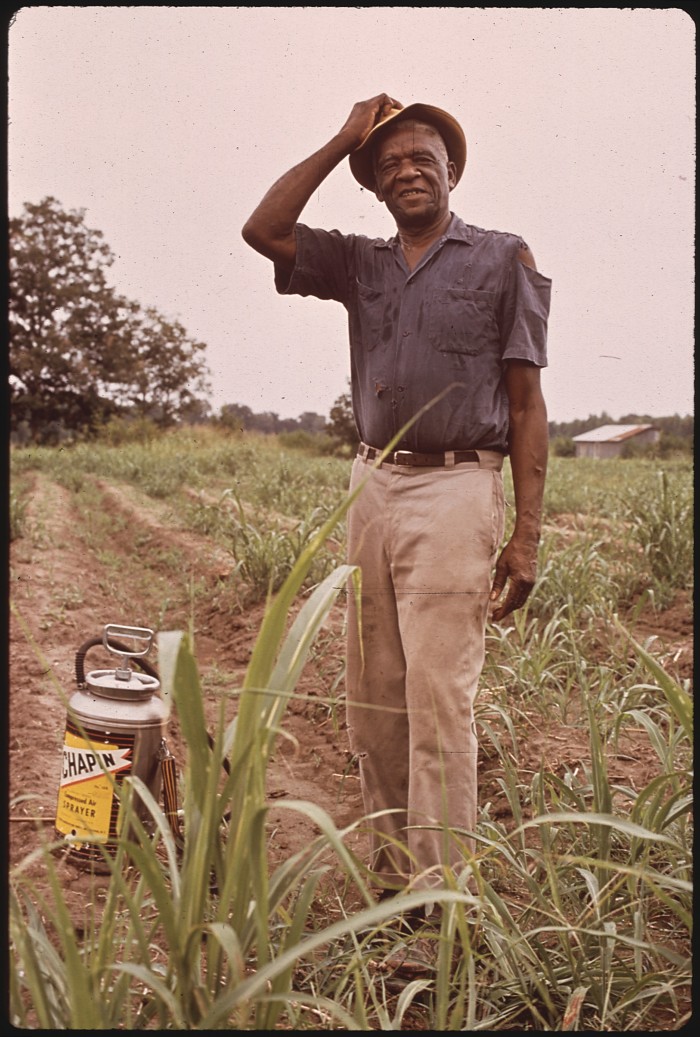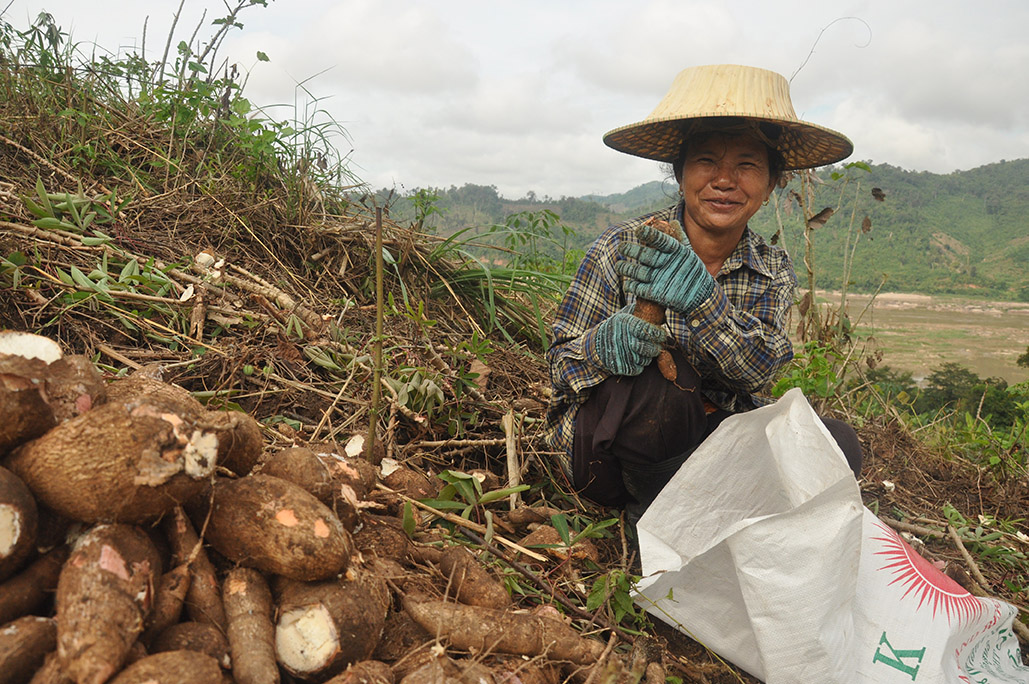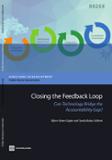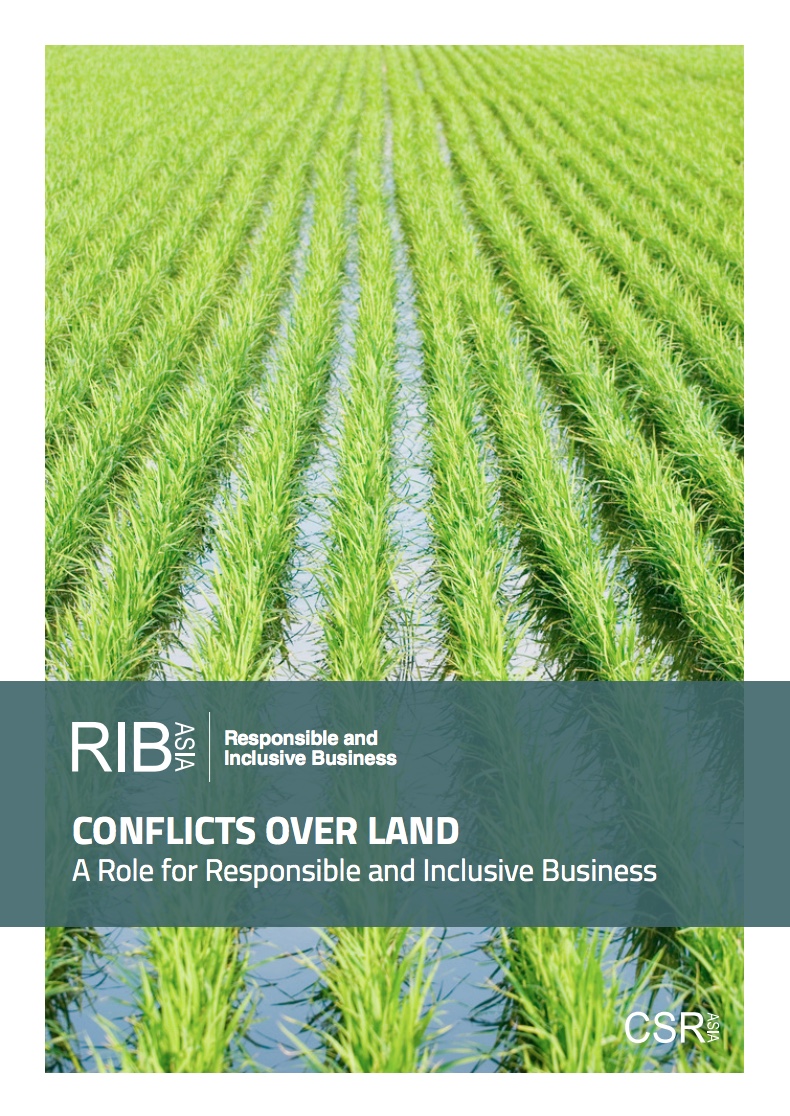Gender and equity implications of land-related investments - Cases of study - Ghana (FAO 2013)
Agricultural investments create risks as well as opportunities, for instance The Case Study of Integrated Tamale Fruit Company (2013) In recent years, Ghana has witnessed increased interest from private companies in developing agricultural investments. This trend is common to many lower/middle income countries.








